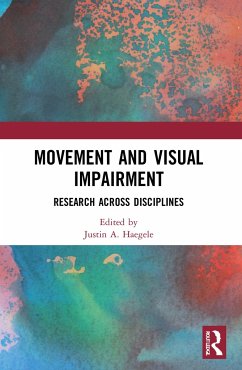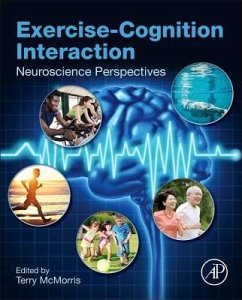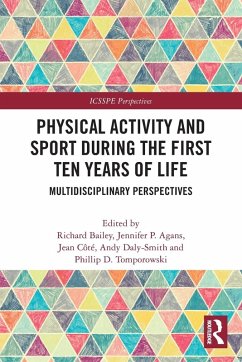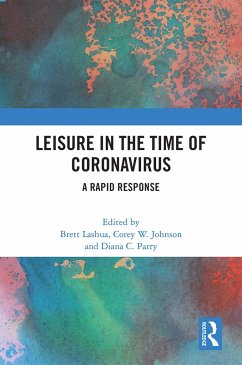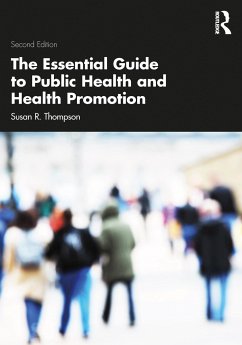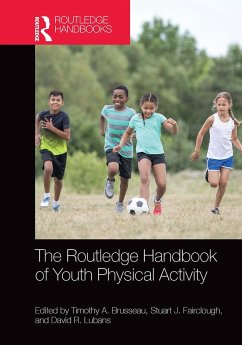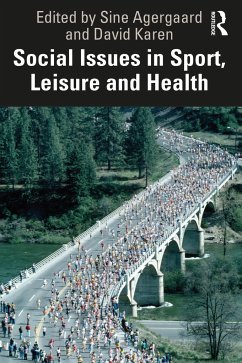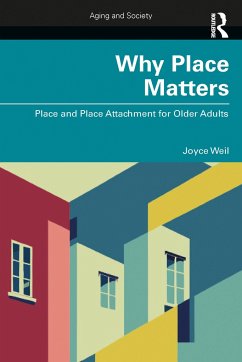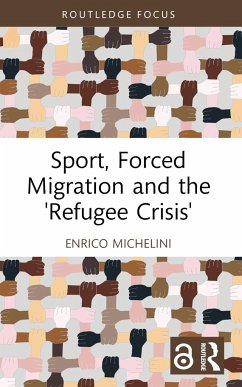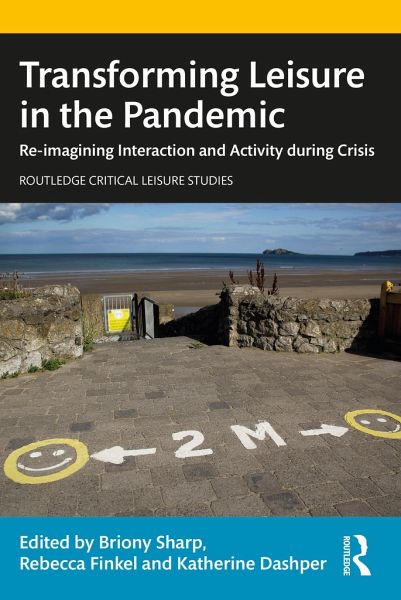
Transforming Leisure in the Pandemic
Re-imagining Interaction and Activity during Crisis
Herausgegeben: Sharp, Briony; Finkel, Rebecca; Dashper, Katherine
Versandkostenfrei!
Versandfertig in 6-10 Tagen
41,99 €
inkl. MwSt.

PAYBACK Punkte
21 °P sammeln!
This is the first book to critically explore international leisure during the COVID-19 pandemic. It analyses the ways in which the pandemic has impacted upon our leisure practices and our leisure lives, focusing on three key spaces public, private, and digital.The book seeks to understand how changes in leisure have led to transformations in the ways we have had to 'do' and 'redo' activities, such as incorporating digitalisation and distancing measures, as well as dealing with restrictions on social interaction, gatherings, and cultural activities. It presents a series of case studies covering...
This is the first book to critically explore international leisure during the COVID-19 pandemic. It analyses the ways in which the pandemic has impacted upon our leisure practices and our leisure lives, focusing on three key spaces public, private, and digital.
The book seeks to understand how changes in leisure have led to transformations in the ways we have had to 'do' and 'redo' activities, such as incorporating digitalisation and distancing measures, as well as dealing with restrictions on social interaction, gatherings, and cultural activities. It presents a series of case studies covering topics as diverse as music festivals, theatre on-screen, walking, static cycling, smartphone use, holidays, and the 'lockdown leisure' of preschool children, including people across the life course, from young children to older retired people. The book discusses changes in patterns of behaviour, leisure experiences, and leisure environments worldwide and critically re-evaluates what leisure is and what it means in contemporary societies. It illustrates both the significant impact the pandemic has had on leisure and the important role leisure plays in helping support and maintain individual and community well-being.
This is fascinating reading for any student, researcher, or practitioner with an interest in leisure studies, tourism, events, sociology, cultural studies, or performance studies.
The book seeks to understand how changes in leisure have led to transformations in the ways we have had to 'do' and 'redo' activities, such as incorporating digitalisation and distancing measures, as well as dealing with restrictions on social interaction, gatherings, and cultural activities. It presents a series of case studies covering topics as diverse as music festivals, theatre on-screen, walking, static cycling, smartphone use, holidays, and the 'lockdown leisure' of preschool children, including people across the life course, from young children to older retired people. The book discusses changes in patterns of behaviour, leisure experiences, and leisure environments worldwide and critically re-evaluates what leisure is and what it means in contemporary societies. It illustrates both the significant impact the pandemic has had on leisure and the important role leisure plays in helping support and maintain individual and community well-being.
This is fascinating reading for any student, researcher, or practitioner with an interest in leisure studies, tourism, events, sociology, cultural studies, or performance studies.





